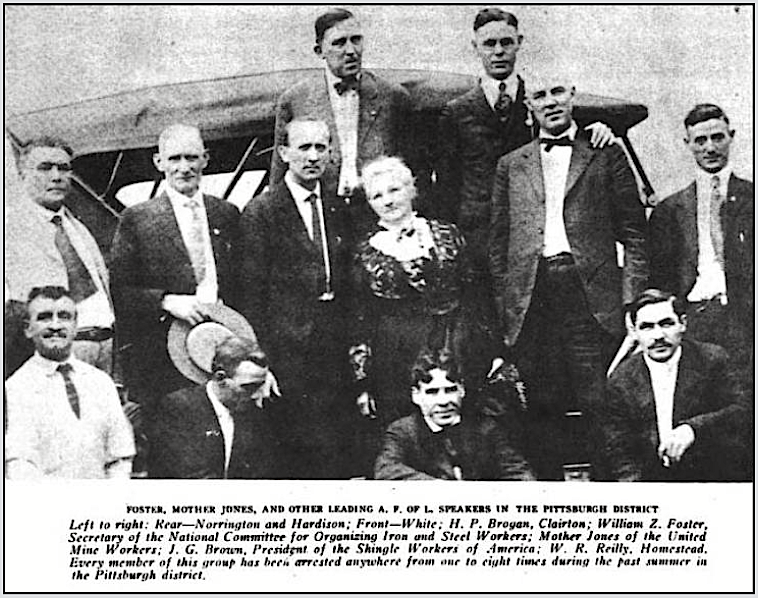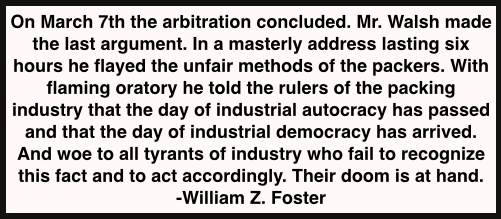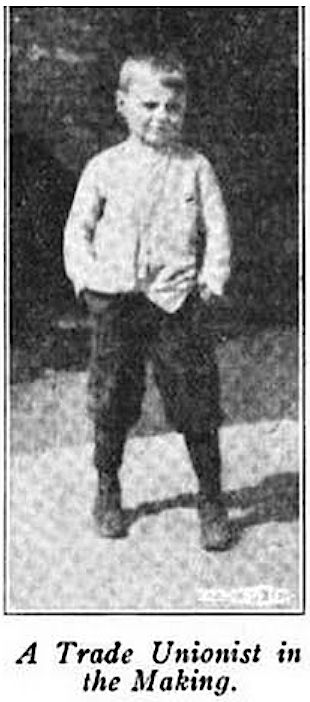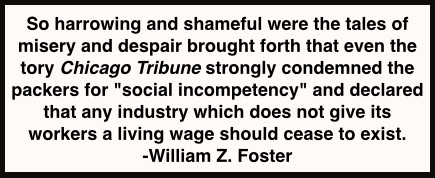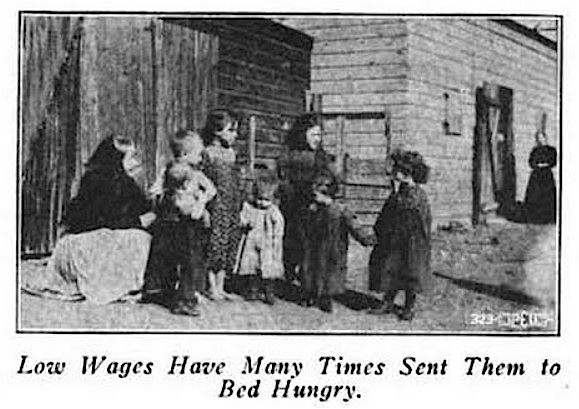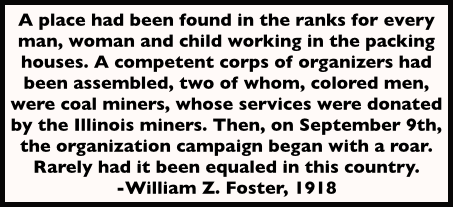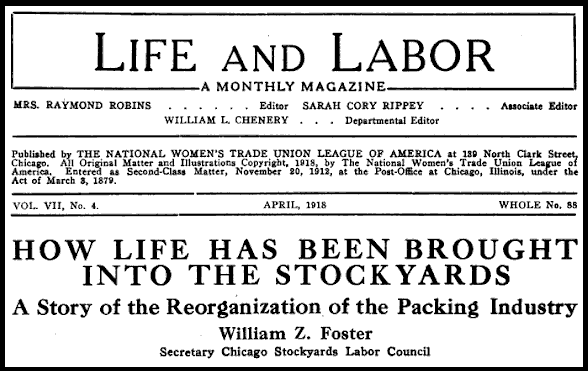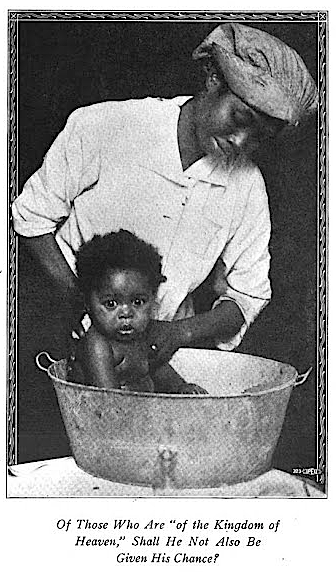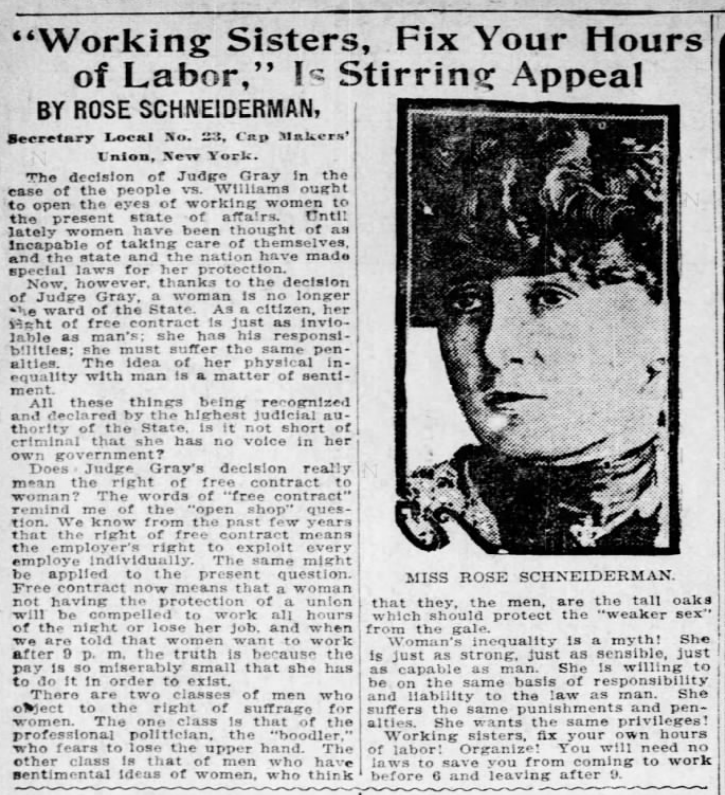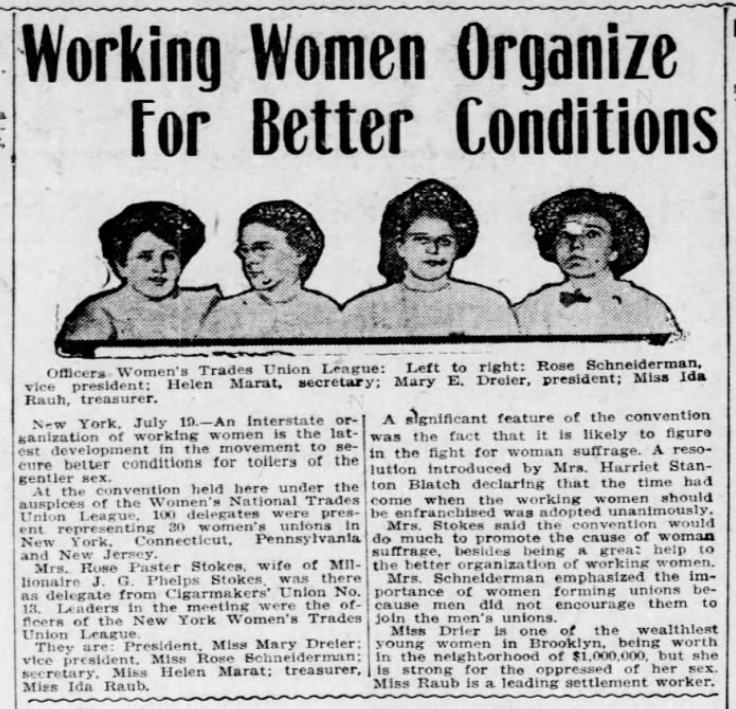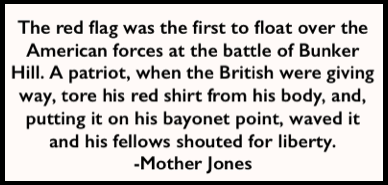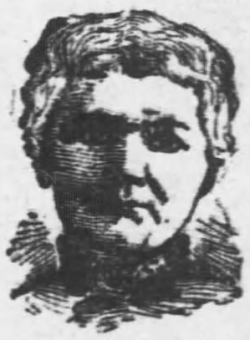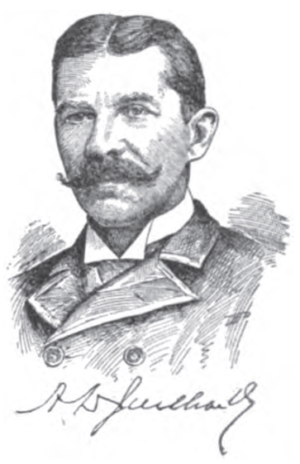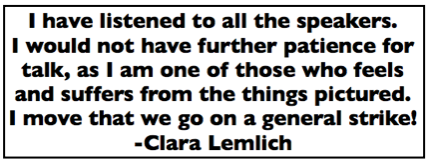 ———-
———-
Hellraisers Journal – Thursday January 13, 1910
Rose Strunsky on New York City’s Shirtwaist Uprising, Part II
From the International Socialist Review of January 1910:
The Strike of the Singers of the Shirt
—–By Rose Strunsky.
—–[Part II of II.]
The next day [November 24th, following the November 23rd mass meeting at Cooper Union], when the girls in the shops were informed of the general strike, they rose without a question, left their work and went out. Six hundred shops joined the union in a few days. The spontaneous and enthusiastic response to the call came as a great surprise to every one. None had guessed of this latent fire-neither the leaders, nor the Woman’s Trade Union League, nor the girls themselves. None knew that it was there. In forty-eight hours it reached forty thousand girls. Their demands were for the recognition of the union, a twenty per cent, increase in their wages and shorter hours—a fifty-two hour working week.
Before the strike was several hours old twenty shops settled and five hundred girls won. The next day forty-one shops settled and seven thousand girls returned to work and each day brings bosses who are willing to settle on union terms.
Morning, afternoon and evening every hall on the East Side and the large halls in the city that could be gotten, were filled with strikers and sympathizers, to discuss ways and means and to encourage each other in the struggle.
The war was on, and the chivalrous instincts in the old veterans of the class struggle came out. Besides the Socialists and the Women’s Trade Union League, the United Hebrew Workers [United Hebrew Trades] sent out committees to help these new militants; the American Federation of Labor offered Mr. Mitchell to give his aid and advice, and Solomon Shindler [Schindler], the Gompers of the East Side, has directed their forces from the very beginning.

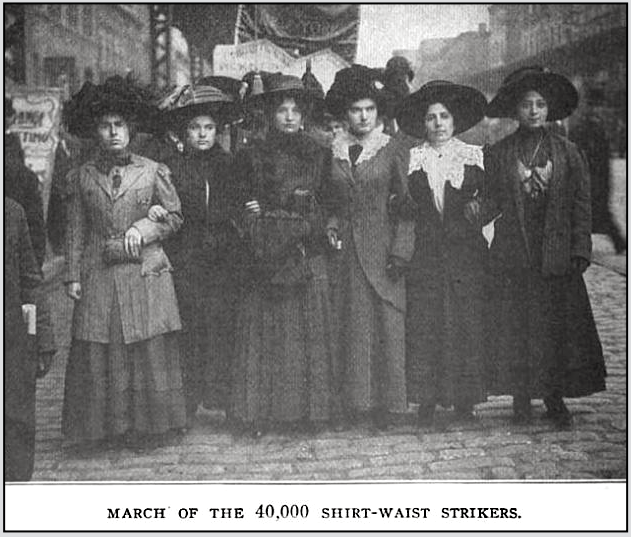

 ———-
———-